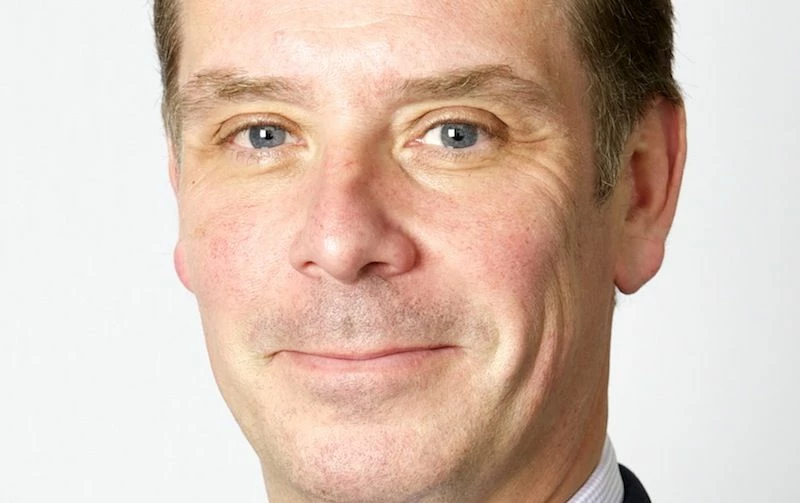
Partner Article
Employment lawyer on Christians' human rights cases
Michael Powner, head of employment at Charles Russell LLP, looks at the cases of three Christians who lost their cases in the European Court of Human Rights.
The news that the three Christians who lost their cases in the European Court of Human Rights (ECHR) earlier this year, are lodging appeals to the Grand Chamber of the Court, comes as no surprise. They have become test cases in what is being seen as a battleground between individual rights to express religious belief as against the Convention rights of others, or in the case of Mrs Chaplin, the validity of denying her the right to wear a cross on health and safety grounds. The original judgments were not final. Any party was at liberty to request that the case be referred to the Grand Chamber for a final decision. Now that a request is being made, a panel of five judges must consider whether these cases deserve further examination, effectively, an appeal. In that event, the Grand Chamber hear the cases and deliver a final judgment. If a referral request is refused, the Chamber judgment becomes final on that day.
Back in January, Nadia Eweida won her case against British Airways at the same time as these three Christians lost their claims. Campaigners supporting religious freedoms are now looking to the Grand Chamber of the European Court to give Christians far greater freedom in the workplace. Mrs Eweida’s case can be seen as only a small step in the right direction for those promoting this cause. Her rights were infringed by the ban on her wearing a cross at work. In a majority judgment, the ECHR decided that her wearing of a cross did not impact on the interests of others, and there was no evidence that it damaged the corporate image of the airline as she maintained a professional image at all times. The ECHR found that the domestic courts in the UK had given far too much weight to BA’s aim, and not enough to protect her. They noted that BA amended their uniform policy to allow for the visible wearing of religious symbolic jewellery and found that this “demonstrate(d) that the earlier prohibition was not of crucial importance.”
These three appeal cases take the argument to another level. Chaplin’s wearing of a cross as a nurse may well be the most difficult to overturn given the finding by the ECHR that the hospital managers were well placed to make decisions about clinical safety and so the UK courts had weighed up the concerns correctly, The other two cases of McFarlane and Ladele arguably have a better prospect of potential success. Both resisted tasks that they saw as condoning homosexuality, McFarlane as a Relate counsellor and Ladele, as a marriage registrar. Ms Ladele had two dissenting judgments in her favour strongly backing her right to act with her conscience in being excused from performing civil partnerships. McFarlane never actually refused to do anything. He simply commented on his wish not to conduct sex therapy sessions with same-sex couples. The argument he will now put on appeal will once again test the boundaries not just of actions but of conscience.
The key issue in all three appeals is did the ECHR perform the right balancing act in each of these scenarios? When different Convention rights compete in different factual scenarios, the line has to be drawn somewhere. What is certain is that one set of rights, here for religious freedom for Christians, does not automatically trump the others but these individual cases are now critical in setting down the parameters for this particular set of Christian beliefs. The ramifications if they were all to win could be significant across many different workplaces, including the teaching profession, and especially as gay marriage has now been approved by the UK Parliament.
This was posted in Bdaily's Members' News section by Charles Russell LLP .
Enjoy the read? Get Bdaily delivered.
Sign up to receive our popular morning National email for free.








 Raising the bar to boost North East growth
Raising the bar to boost North East growth
 Navigating the messy middle of business growth
Navigating the messy middle of business growth
 We must make it easier to hire young people
We must make it easier to hire young people
 Why community-based care is key to NHS' future
Why community-based care is key to NHS' future
 Culture, confidence and creativity in the North East
Culture, confidence and creativity in the North East
 Putting in the groundwork to boost skills
Putting in the groundwork to boost skills
 £100,000 milestone drives forward STEM work
£100,000 milestone drives forward STEM work
 Restoring confidence for the economic road ahead
Restoring confidence for the economic road ahead
 Ready to scale? Buy-and-build offers opportunity
Ready to scale? Buy-and-build offers opportunity
 When will our regional economy grow?
When will our regional economy grow?
 Creating a thriving North East construction sector
Creating a thriving North East construction sector
 Why investors are still backing the North East
Why investors are still backing the North East